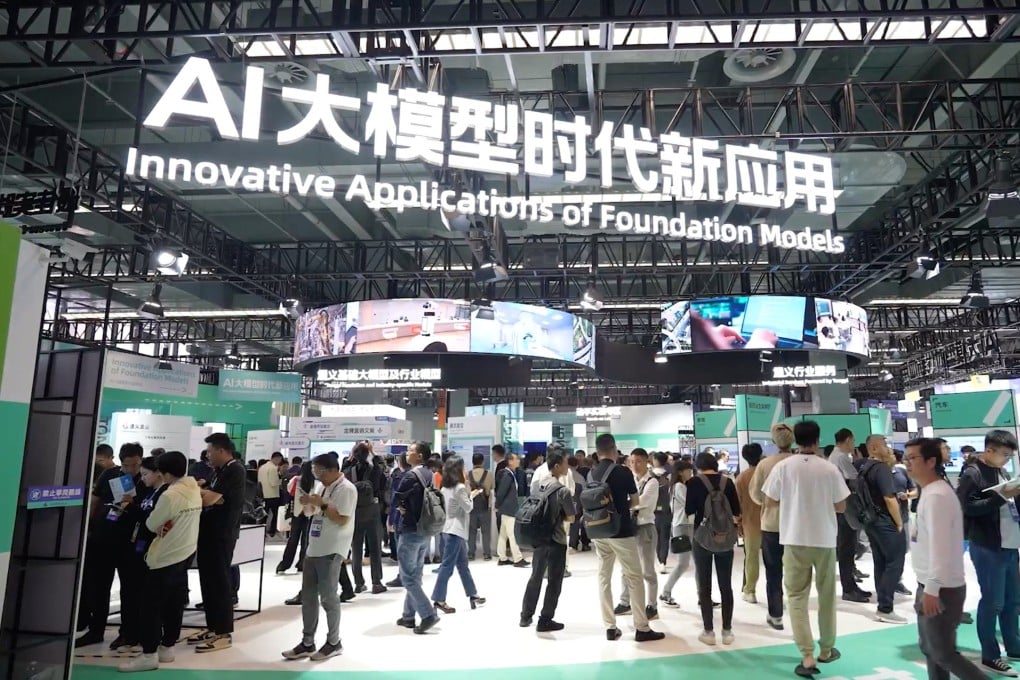Alibaba donates its quantum lab to local university, shifts focus to AI in agriculture, healthcare
- Hangzhou-based Alibaba established Damo in 2017 to focus on fundamental science and disruptive innovations
- In April, Alibaba’s cloud unit revealed its own alternative to ChatGPT – based on Damo’s large language models

Alibaba Group Holding’s Damo Academy is donating its quantum lab to Zhejiang University, as the e-commerce giant's in-house research initiative allocates more resources to artificial intelligence (AI).
A Damo representative on Monday confirmed that donation, and that the academy will focus on fundamental research including AI in agriculture and healthcare.
Hangzhou-based Alibaba, owner of the South China Morning Post, established Damo in 2017 to focus on fundamental science and disruptive innovations. The institute has 16 laboratories covering areas ranging from AI and autonomous driving to quantum computing and semiconductor research and development.
In April, Alibaba’s cloud unit revealed its own alternative to ChatGPT – Tongyi Qianwen – based on Damo’s large language models, making it one of the earliest Chinese companies to jump on the AI chatbot bandwagon.
Quantum technology is a complicated area of physics that explores the behaviour of subatomic particles – particles that are smaller than atoms, the basic building blocks of all matter. One major field of interest within quantum technology is quantum computing. Unlike a classical computer, which performs calculations one at a time, a quantum computer has the potential to process exponentially more data.
In China, government investment is helping drive quantum technology research and education, with 33 companies currently active in the field, according to a McKinsey & Co report in April. The US and Canada still have the most vibrant quantum computing start-up communities, the report said.
Alibaba was one of the earliest Chinese tech companies to invest in quantum technology. In 2015, it collaborated with the Chinese Academy of Sciences and established a quantum computing lab in Shanghai.